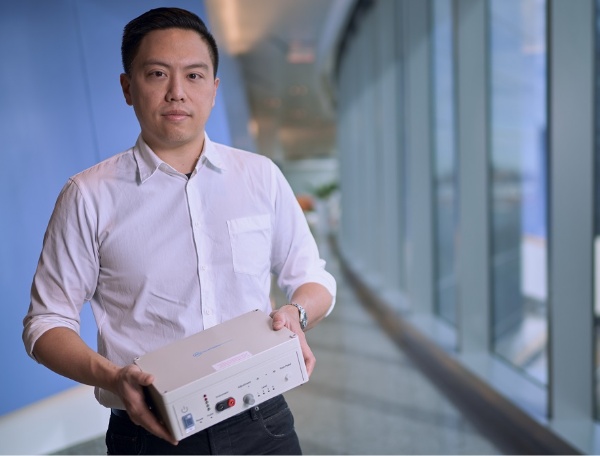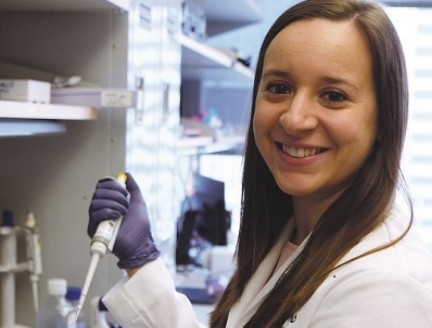


Innovative Education
A New Degree of Expertise
Planning a translational biomedical sciences degree

Weill Cornell Medical College & Houston Methodist are envisioning a plan to offer a graduate degree, and possibly a PhD, in translational biomedical sciences.
Plans for a graduate program in translational biomedical sciences will bring a new degree of expertise to the Texas Medical Center—and the potential to earn a PhD from Weill Cornell. The new program envisions an interdisciplinary approach to teaching translational research, with the coursework and laboratory studies held at Houston Methodist and the degree granted by the Weill Cornell Graduate School.
The time is right, according to John Cooke, MD, PhD, chair of the Houston Methodist Department of Cardiovascular Sciences, and David Christini, PhD, vice dean at Weill Cornell Medical College, who are championing the effort to take the long-standing collaboration to the next level.
Houston Methodist’s current faculty—highly accomplished scientists with solid NIH funding—are eager to foster a vibrant training environment. And their biomedical science trainees could experience the first stages of clinical testing within the institute’s state-of-the-art facilities, which include cGMP facilities for diagnostic and therapeutic radionucleides, nanoparticle fabrication, and small molecule and RNA therapeutics; a cGLP facility for large animal studies; a QC laboratory, and much more.
We have the fundamentals within our system to create a unique translational program. We can offer facilities that most universities don’t have—and will make our interdisciplinary program very different than anywhere else.

John P. Cooke, MD, PhD
Joseph C. “Rusty” Walter and Carole Walter Looke Presidential Distinguished Chair in Cardiovascular Research
Houston Methodist
“The unique nature of the program will attract a cohort of bright graduate students seeking this rare opportunity to bridge the divide between faculty and research labs,” said Cooke. “Each year, eight students with MSc or MD degrees will bring a knowledge-base of biological science.”
The program will begin with an eight-week Translational Medicine Boot Camp to lay a foundation in the “omics” technologies: genomics, transcriptomics, proteomics and other topics such as epigenetics. Two years of coursework will include didactic cores that focus on logic and experimental design, computational bioinformatics, and health and human disease. Laboratory rotations will allow students to design and conduct experiments, which will serve as the basis for their graduate thesis research.
Weill Cornell’s Graduate School, Sloan Kettering and Houston Methodist are guiding the proposal through a rigorous approval process that involves state educational commissions in both Texas and New York, which may require many months.
“We have the labs and faculty to achieve top-of-the-line research, to take us to the next level,” said Cooke. “We’ve overcome the highest hurdle, now we walk the longest mile.”
LaVonne Carlson, October 2018








